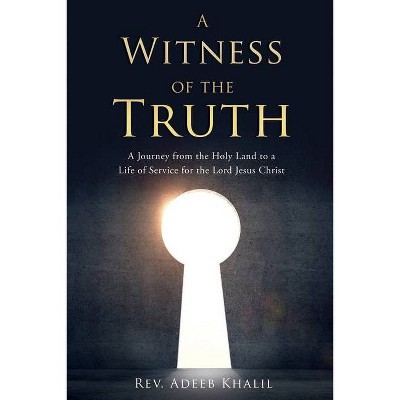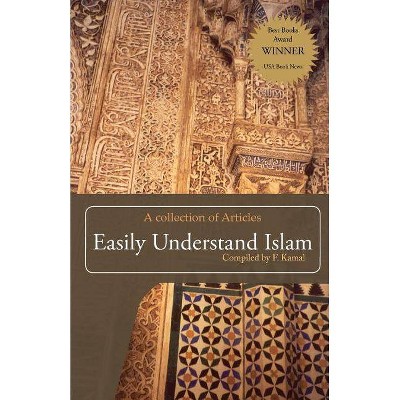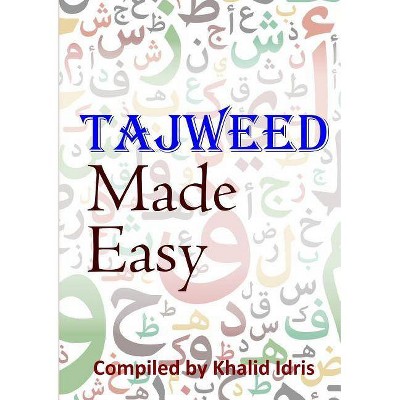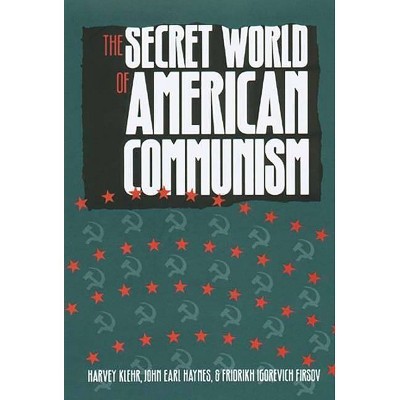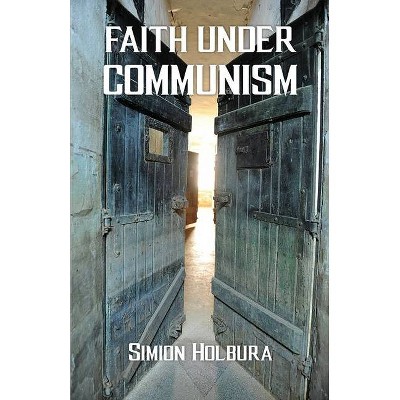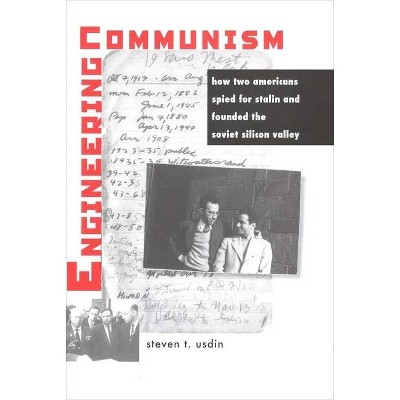Islam After Communism - by Adeeb Khalid (Paperback)
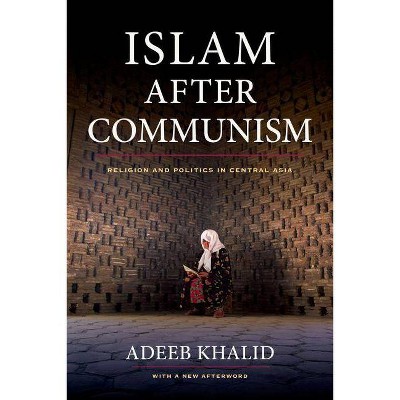
Similar Products
Products of same category from the store
AllProduct info
<p/><br></br><p><b> Book Synopsis </b></p></br></br>How do Muslims relate to Islam in societies that experienced seventy years of Soviet rule? How did the utopian Bolshevik project of remaking the world by extirpating religion from it affect Central Asia? Adeeb Khalid combines insights from the study of both Islam and Soviet history to answer these questions. Arguing that the sustained Soviet assault on Islam destroyed patterns of Islamic learning and thoroughly de-Islamized public life, Khalid demonstrates that Islam became synonymous with tradition and was subordinated to powerful ethnonational identities that crystallized during the Soviet period. He shows how this legacy endures today and how, for the vast majority of the population, a return to Islam means the recovery of traditions destroyed under Communism. <p/> <i>Islam after Communism</i> reasons that the fear of a rampant radical Islam that dominates both Western thought and many of Central Asia's governments should be tempered with an understanding of the politics of antiterrorism, which allows governments to justify their own authoritarian policies by casting all opposition as extremist. Placing the Central Asian experience in the broad comparative perspective of the history of modern Islam, Khalid argues against essentialist views of Islam and Muslims and provides a nuanced and well-informed discussion of the forces at work in this crucial region.<p/><br></br><p><b> From the Back Cover </b></p></br></br>"Khalid's work is an important contribution to an understanding of the increasingly plural character of Islamic societies and how political Islam should be understood in particular regional and societal contexts."--Johan Saravanamuttu <i>Journal Of Contemporary Asia</i> <p/> "Clear and well-researched. . . . Khalid's book is a very helpful aid in understanding the complexities of today's Central Asia."--<i>Intl Journal Of Middle East Stds </i>(<i>Ijmes</i>) <p/> "A welcome rebuttal to [the] ongoing misunderstanding of the religion."--<i>Far Eastern Economic Review</i> <p/> "Adeeb Khalid's new book is the one we've been waiting for."--<i>Registan.net</i> <p/> I know of no competing work that comes close to covering this material. Khalid's nuanced and sophisticated analysis offers superior treatment of the diversity of Muslim societies and the history of Islamic thought in Central Asia. America is heavily involved in this region, and this book is a powerful reminder of the possible costs of unthinking U.S. support of current regimes--it should be required reading for American politicians and concerned citizens.--Carl Ernst, author of <i>Following Muhammad: Rethinking Islam in the Contemporary World</i><p/><br></br><p><b> Review Quotes </b></p></br></br><br>Thoughtful, insightful, and reflective.--Ruqaiyah Hibell "The Muslim World Book Review" (10/1/2014 12:00:00 AM)<br><p/><br></br><p><b> About the Author </b></p></br></br>Adeeb Khalid is Jane and Raphael Bernstein Professor of Asian Studies and History at Carleton College. He is the author of <i>The Politics of Muslim Cultural Reform: Jadidism in Central Asia</i>.
Price History
Price Archive shows prices from various stores, lets you see history and find the cheapest. There is no actual sale on the website. For all support, inquiry and suggestion messages communication@pricearchive.us
